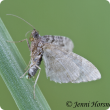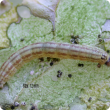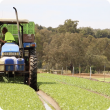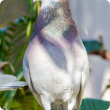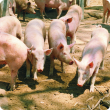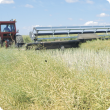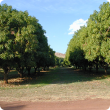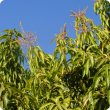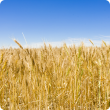Filter by regions:
- (-) Remove Mid West filter Mid West
- Great Southern (315) Apply Great Southern filter
- South West (307) Apply South West filter
- Peel (285) Apply Peel filter
- Wheatbelt (279) Apply Wheatbelt filter
- Goldfields-Esperance (254) Apply Goldfields-Esperance filter
- Perth regions (252) Apply Perth regions filter
- Gascoyne (205) Apply Gascoyne filter
- Kimberley (170) Apply Kimberley filter
- Pilbara (165) Apply Pilbara filter

